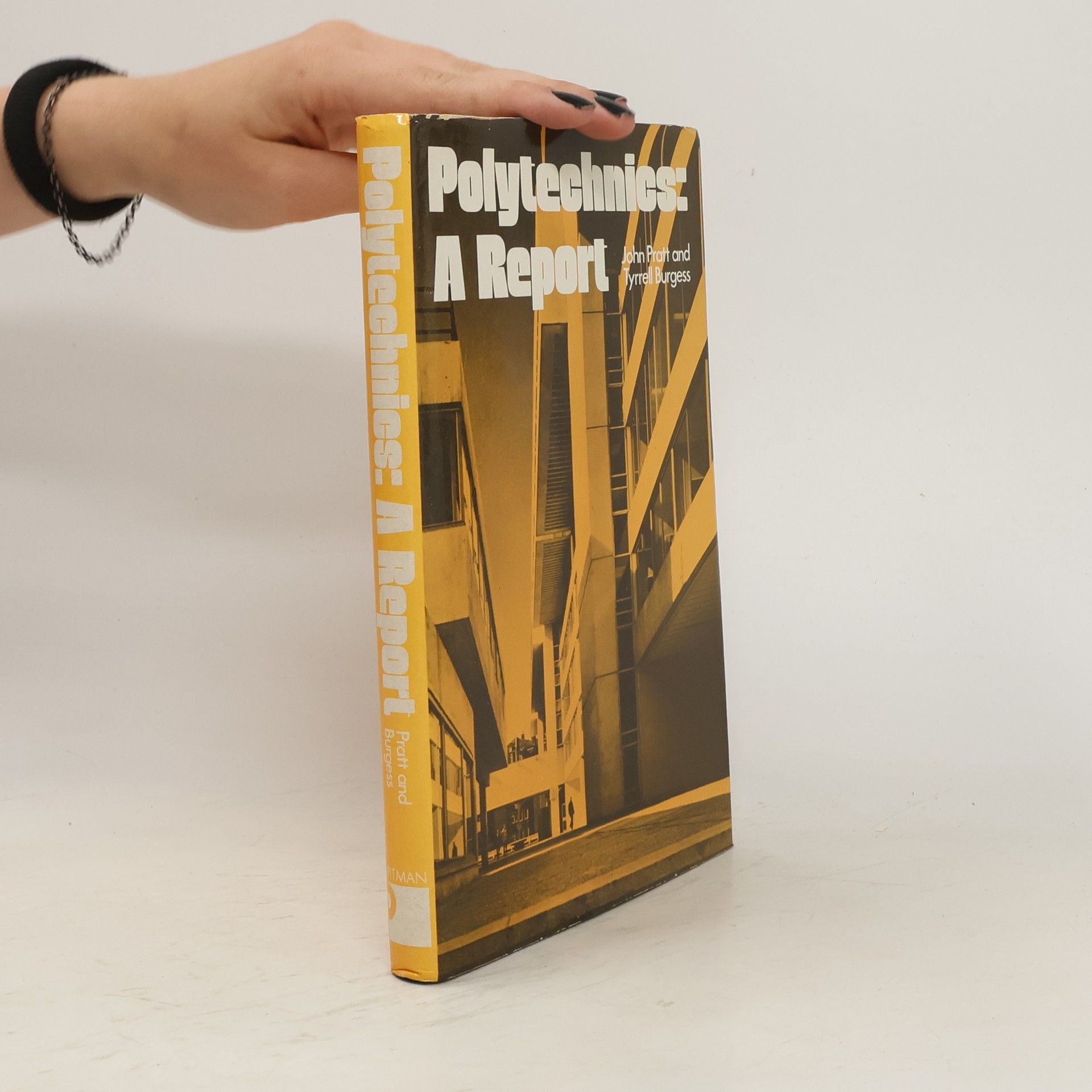Historic Tales of Decatur County, Indiana
- 146 stránok
- 6 hodin čítania
Featuring a collection of compelling narratives set in the heartland, this book explores themes of heroism, tragedy, and mystery. Each story delves into the lives of diverse characters facing unique challenges, revealing their resilience and the complexities of human experience. Through vivid storytelling, it captures the essence of life in the heartland, showcasing both the triumphs and struggles that define the region's rich tapestry. Readers will find a blend of emotion and intrigue that highlights the strength of the human spirit.

